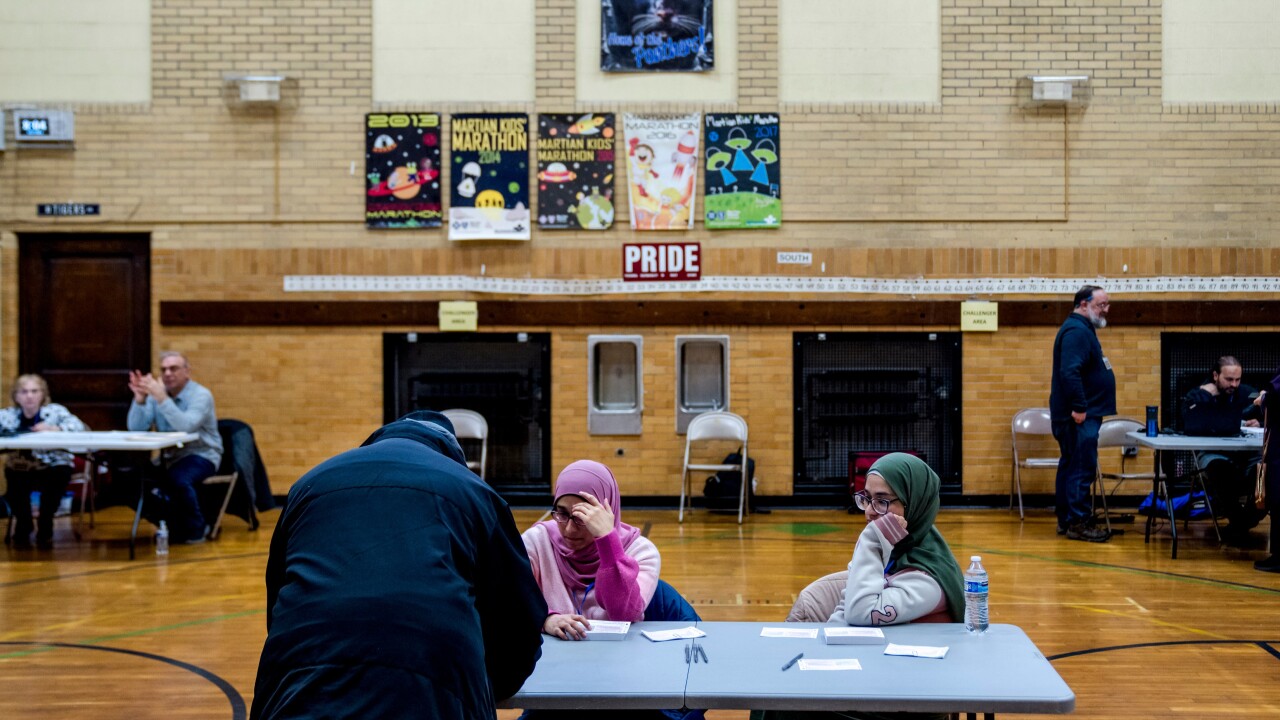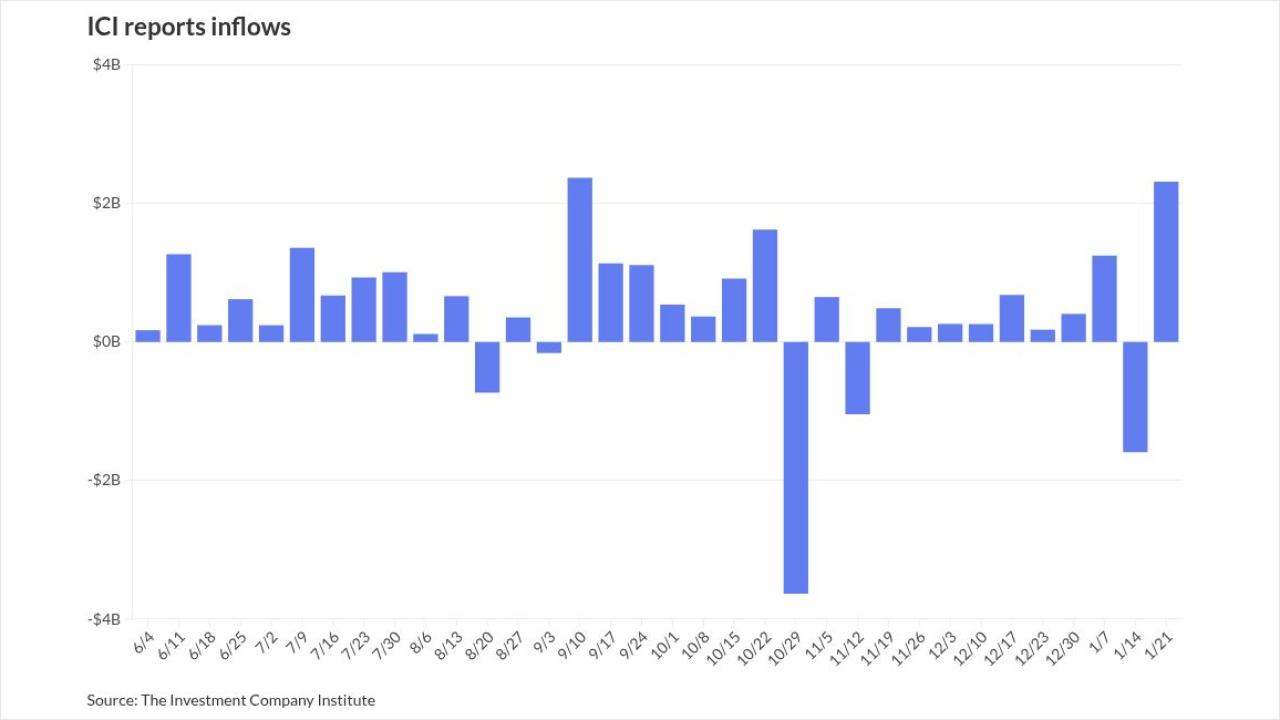Deploying greater use of bond financing to cure the country's affordable housing shortage is getting a fresh look in the Senate via the
The bill, which was introduced Tuesday, is cosponsored by Sens. Catherine Cortez Masto, D-Nev. and Bill Cassidy, R-La. The legislation takes aim at expanding the use of mortgage revenue bonds and mortgage credit certificate programs.
State housing finance agencies use the two programs to unlock affordable home ownership for families with incomes of 115% of area median income or less. The programs provide discounted interest rates and respectively qualifies homeowners for a small annual tax credit.

"My bipartisan bill will help more Nevadans be able to own and improve their homes, and I won't stop working to lower housing costs in Nevada and across the states," said Cortez Masto.
The proposed legislation would allow homeowners to refinance their mortgages with mortgage revenue bonds, which lowers borrowing costs. It would also boost the amount MRB loans can direct towards accessibility upgrades, improving energy efficiency, and disaster mitigation from $15,000 to $50,000 with a built-in inflation index.
"Inflation has reduced the effectiveness of the MRB home improvement loan limit, which has not been increased to accommodate rising costs for years," said Stockton Williams, executive director of the National Council of State Housing Agencies. "Home repair is a critical need for many homeowners and communities right now."
The legislation would also give housing finance agencies more flexibility to extend loan and credit periods to account for delays due to the pandemic, supply chain issues, or construction shortages.
The new legislation requires the issuers, not the lenders, to report MCC recipients to the Internal Revenue Service for tax accuracy and shortens the ninety day public notice requirement to thirty days which is expected boost the use of the program.
While betting on any legislation getting through both houses of Congress in this session inspires skepticism, Williams expressed optimism.
"We are excited that both Senate Finance Committee Chair Ron Wyden D-Ore., and House Ways and Means Committee Chair Jason Smith R-Mo., have said that they would like their committees to advance housing packages," Williams said. "This bill, as well as the Affordable Housing Credit Improvement Act, would be ideal choices for inclusion."
The bill has picked up key endorsements in the housing industry including nods of approval from the National Council of State Housing Agencies, Local Initiatives, Support Coalition, the National Association of Realtors, National Association of Homebuilders, and the Mortgage Bankers Association.
The proposed legislation is bipartisan and bicameral as Masto's office said that Rep. Gwen Moore D-Wisc., plans to reintroduce companion legislation in the House.
"Bipartisan support reflects the bipartisan support that HFAs and their programs have historically enjoyed," said Williams. "The bill itself does not seek additional resources but seeks to strengthen currently available resources to make them more effective and efficient."
The Senate is also considering the





